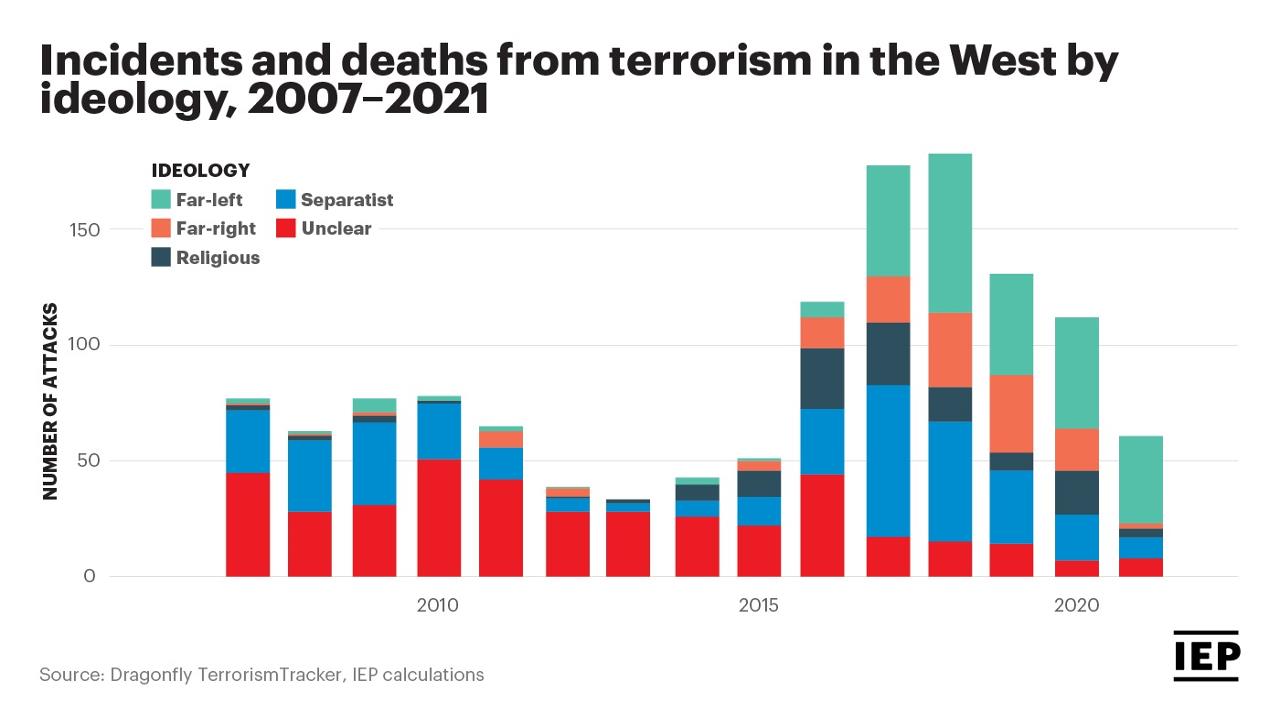Video:
Take our online poll:
AI Analysis:
Intelligence agencies operate under a shroud of secrecy for several reasons. First and foremost, disclosing budgets and specific operational details could compromise national security. Revealing the allocation of funds or intricate methodologies could potentially aid adversaries in understanding a country's capabilities, weaknesses, or ongoing operations.
Maintaining secrecy is essential to safeguard intelligence gathering techniques, sources, and ongoing investigations. If these were publicly disclosed, it could jeopardize the safety of intelligence operatives and informants and could potentially undermine the effectiveness of operations.
Additionally, the nature of intelligence work often involves sensitive information that, if exposed, could damage diplomatic relations or compromise ongoing strategies. Hence, governments maintain a level of secrecy around their intelligence operations to protect their national interests and maintain an edge in the complex world of global politics and security.
While transparency in government operations is generally valued, in the case of intelligence agencies, striking a balance between transparency and national security is crucial, leading to the restricted disclosure of budgets and operational details.
Chart:

References:


Comments